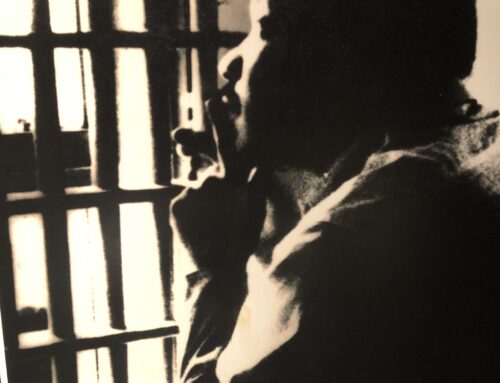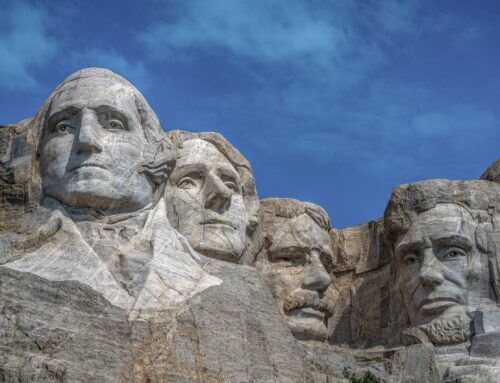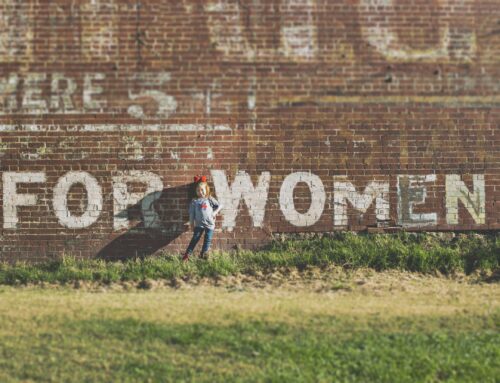 We are capable. We have learned to take care of ourselves. Other people have let us down, and now we are determined to depend on no one except ourselves. We are on an island, and we intend to enjoy it. Let’s see what happens on the island of isolation:
We are capable. We have learned to take care of ourselves. Other people have let us down, and now we are determined to depend on no one except ourselves. We are on an island, and we intend to enjoy it. Let’s see what happens on the island of isolation:
Isolation promotes self above others.
It’s true. We can do whatever we want. We are free. But Christian liberty never gives us the right to ignore how our decisions affect others. Paul wrote,
All things are lawful, but not all things are profitable. All things are lawful, but not all thins edify. Let no one seek his own good, but that of his neighbor—1 Corinthians 10:23-24.
Isolation exposes us to unnecessary danger.
We all have blind spots. We all have limited perspective. We don’t know we can’t see certain things, because we can’t see them.
Where there is no guidance, the people fall, but in abundance of counselors there is victory—Proverbs 11:14.
Isolation limits our ability to produce.
We never reach our maximum potential alone. No matter how good we are, we aren’t good enough by ourselves.
Two are better than one because they have a good return for their labor—Ecclesiastes 3:15.
Isolation creates an unhealthy independence.
Frank Sinatra used to sing that he did it his way. That is the mantra for many foolish men. Even in the face of personal defeat and public destruction, the fool clings to his independence.
He who separates himself seeks his own desire, he quarrels against all sound wisdom—Proverbs 18:1.
Isolation leads to decisions we must hide.
Achan coveted the spoils of Ai, stole them, and then hid them in his tent. That decision was made in isolation. There were no checks in his life, and his isolation led to disaster for him and many others.
Decisions made in community are celebrated. Decisions made in the dark have to stay there.
Isolation makes recovery a real challenge.
Those who isolate themselves often feel abandoned when trouble comes. They feel rejected or even judged by others. But the safeguards of community are forfeited by those who choose to go it alone.
For if either of them falls, the one will lift up his companion. But woe to the one who fall when there is not another to lift him up—Ecclesiastes 4:10.
Being “on our own” may sound appealing, but it is inconsistent with the Christian life. Jesus built up His disciples, taught them and ultimately empowered them to fulfill a Great Commission. But after giving them divine guidance and power, He never imagined that they would attempt to full their calling on their own.
Instead, Jesus established the church, a community of followers, because He knew that we could never follow Him on an island.
Question: Using the comment box below, describe how other believers help you successfully fulfill your calling.




